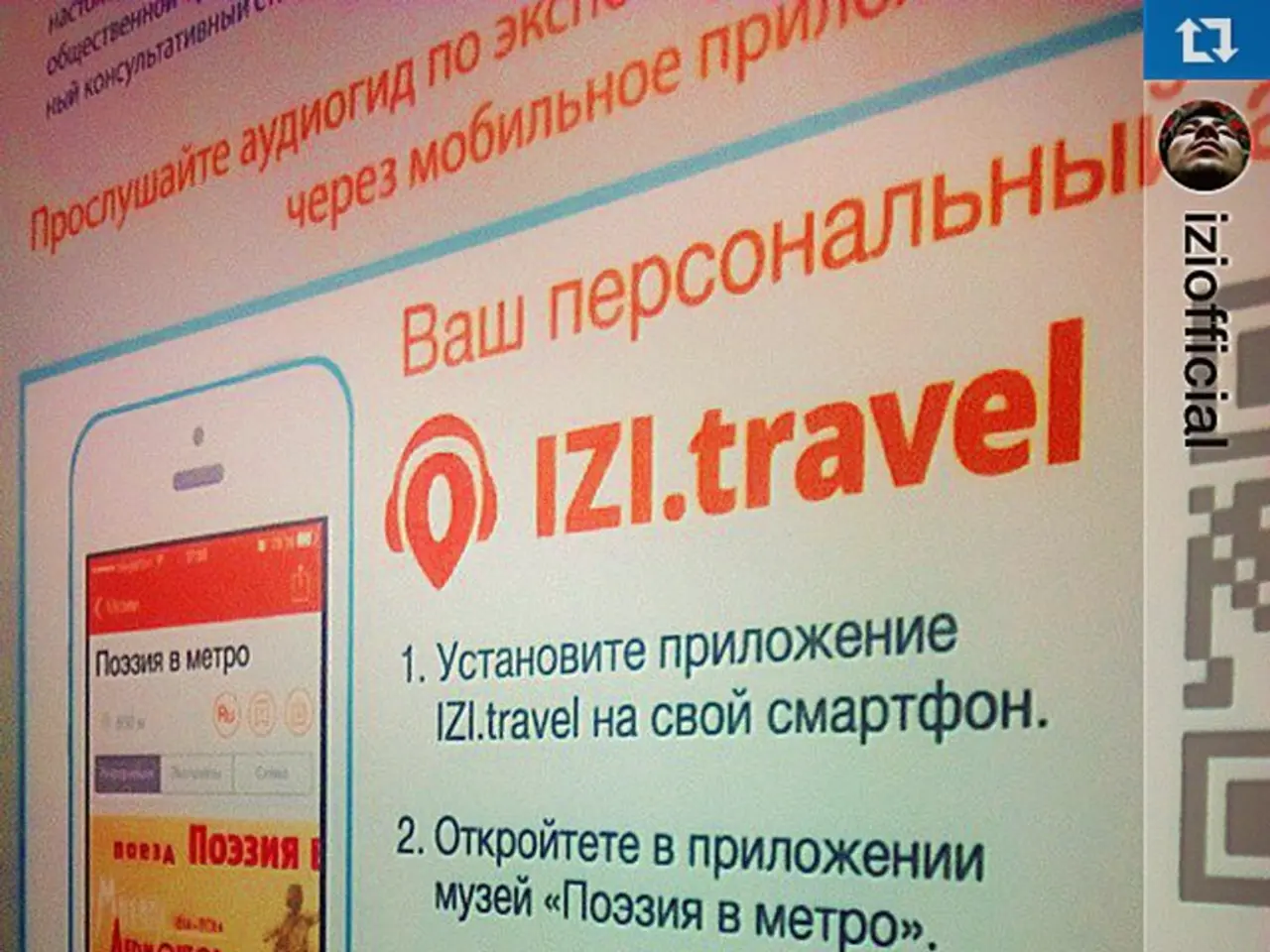Doubts expressed by Mizulina over the law's efficacy in enhancing penalties for unlawful gambling activities
The Russian government has taken a significant step towards regulating the online gambling industry by approving a bill aimed at combating the spread of content advertising illegal online gambling platforms.
The bill, which has been in the works for some time, outlines a comprehensive approach to address the issue. It includes criminal liability for individuals and entities promoting illegal casinos, tightened control over platforms hosting gambling ads, and enhanced penalties for those who engage in such advertising.
For legal entities, fines can reach up to 7,000,000 rubles, while for officials, the maximum fine is set at 1,500,000 rubles. For individuals, fines can reach up to 500,000 rubles.
However, the bill's implementation will require real enforcement and political will to effectively combat illegal online gambling. The lack of initiated cases suggests either insufficient law enforcement will or an unwritten consensus that allows the illegal online gambling market to continue.
Katherine Mizulina, a prominent figure in the Russian Duma, has expressed skepticism towards the proposed sanctions, stating they are a "parking ticket for the dead." She notes that the scale of earnings from advertising illegal online casinos exceeds potential fines by several times. According to the Safe Internet League, some scammers earn between 300 million to 500 million rubles per referral link.
Nikolay Balashov, who has been advocating for comprehensive solutions to control the illegal gambling market in Russia, proposes enhancing regulatory frameworks, increasing state oversight, and implementing stricter enforcement measures. He emphasizes the need for a more proactive approach, including the involvement of social platforms in the fight against gambling content.
In addition to criminal liability and financial penalties, the bill also calls for a financial transparency mechanism and control over money transfers, as well as the immediate blocking of websites and domains. Tightened control is also needed over platforms hosting gambling ads.
Education of youth and parents is another crucial aspect of the bill, aimed at addressing the issue of gambling addiction. The head of the Safe Internet League believes that fines alone are not enough to address the issue of illegal online gambling, and a comprehensive approach is needed.
In conclusion, the Russian government's approval of the bill marks a significant step towards regulating the online gambling industry. However, the bill's success will depend on the political will and effective enforcement of the strict laws outlined within it.
Read also:
- Nightly sweat episodes linked to GERD: Crucial insights explained
- Antitussives: List of Examples, Functions, Adverse Reactions, and Additional Details
- Asthma Diagnosis: Exploring FeNO Tests and Related Treatments
- Unfortunate Financial Disarray for a Family from California After an Expensive Emergency Room Visit with Their Burned Infant








